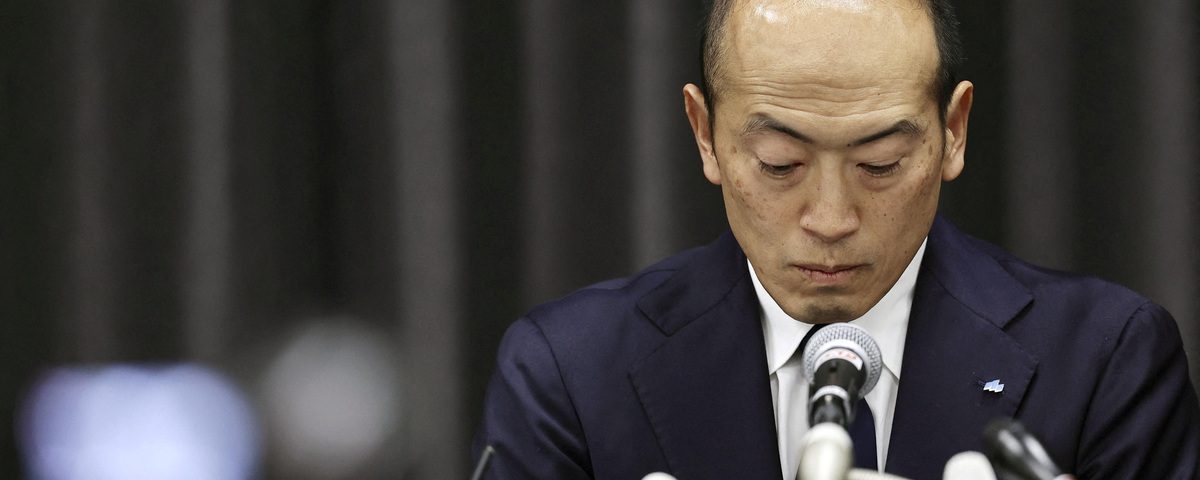
China’s March factory activity expands for first time in six months
31/03/2024
5 big analyst AI moves: Apple-Baidu collaboration ‘driven by regulatory concerns’
31/03/2024Japanese authorities inspect second Kobayashi Pharma factory after deaths

Japanese authorities inspect second Kobayashi Pharma factory after deaths
TOKYO (Reuters) – Health authorities conducted a second inspection at a Kobayashi Pharmaceutical factory in western Japan on Sunday following reports of five deaths possibly linked to dietary supplements, an official said. The inspection in Wakayama prefecture comes after a previous one on Saturday in Osaka, as part of the investigation into the company’s use of “Beni-Koji” red yeast materials.
Osaka-based Kobayashi reported finding potentially toxic puberulic acid, possibly produced by blue mould penicillium, in Beni-Koji materials manufactured between April and October at its Osaka factory. The supplements, marketed for lowering cholesterol levels, have resulted in 114 hospitalizations and five deaths as of Friday.
The cause of the deaths has not been confirmed, but there are suspicions that Beni-Koji may be involved. Kobayashi is investigating a suspected link between the products and kidney-related health issues.
“We will fully cooperate with the investigation to resolve the problems as soon as possible,” said Yuko Tomiyama, head of Kobayashi’s investor relations.
The Health and Welfare Ministry, along with other concerned ministries, is working to address the ongoing case, while urging Kobayashi Pharma’s cooperation. The factory in Osaka’s Yodogawa Ward was closed in December, and production was shifted to the factory in the city of Kinokawa, which was inspected on Sunday.
Reports of acute renal failure related to Kobayashi’s products have also emerged in Taiwan. The country’s food and drug administration is investigating potential health reactions linked to imported materials from Kobayashi. Additionally, a Chinese consumers association advised against using potentially affected products.
South Korea’s ministry of food and drug safety has listed 182 Japanese recalled products, including those from Kobayashi, containing red yeast rice, urging consumers not to purchase them online. Authorities in South Korea plan to dispose of or return shipments related to the Kobayashi case at customs.
Kobayashi sells Beni-Koji wholesale to 52 companies, which have conducted voluntary inspections with no materials requiring medical consultation found as of Friday. These companies distribute the materials to 173 others, potentially affecting around 1,800 foodmakers.
Beni-Koji contains Monascus purpureus, a red mould commonly used as a food colouring.


